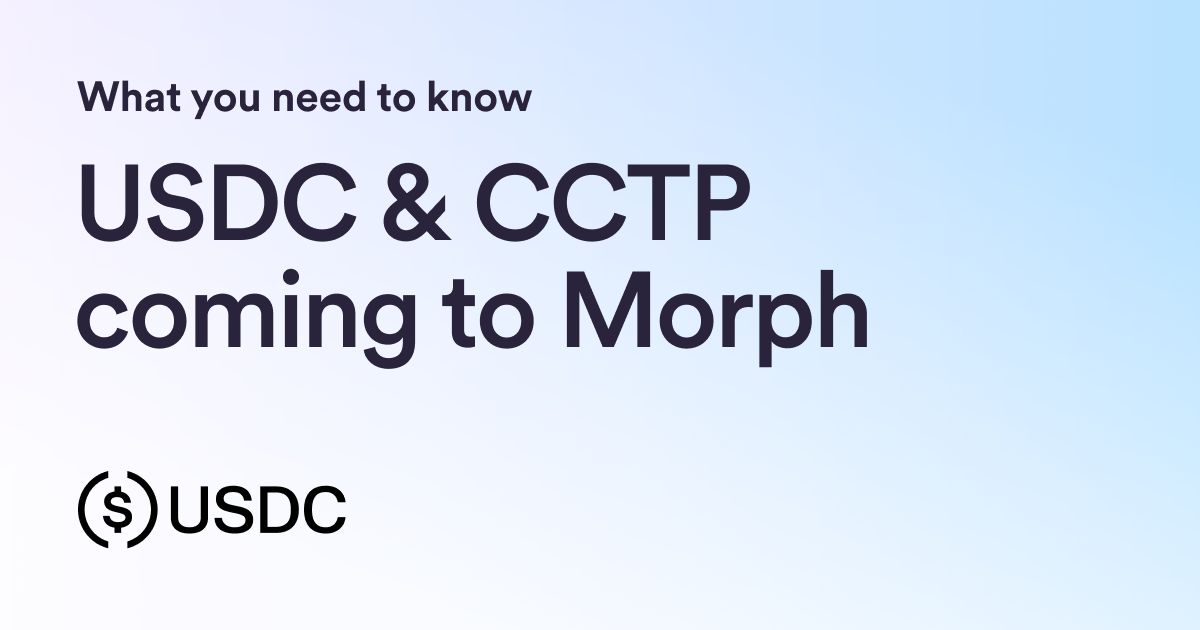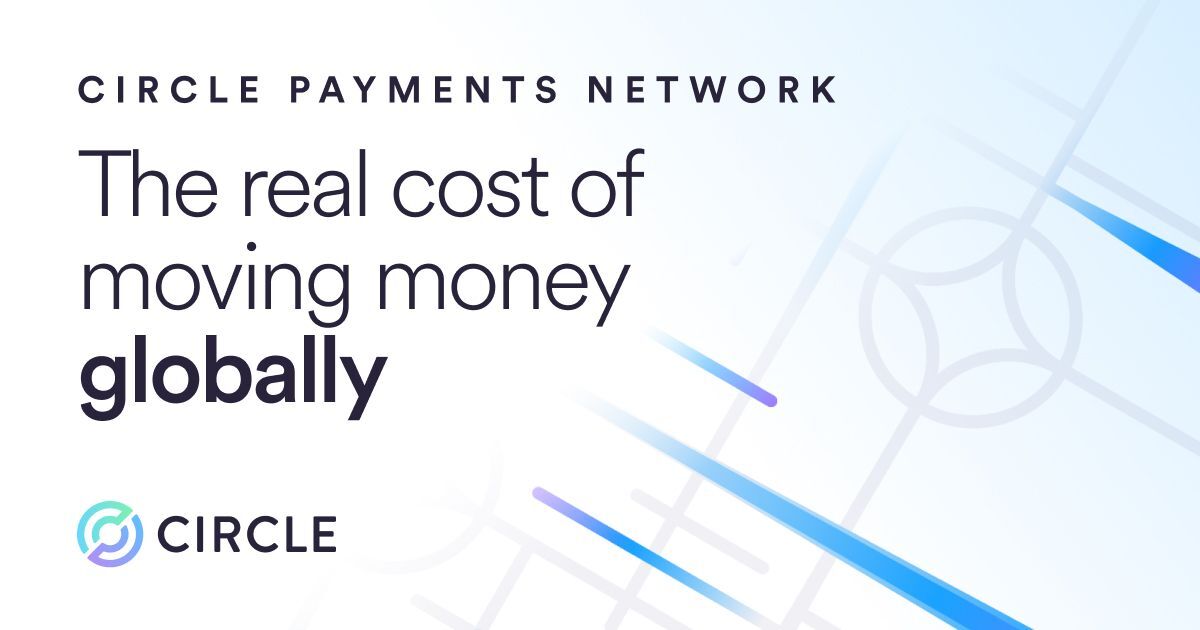See how Circle Payments Network's single integration helps RedotPay and Conduit deliver fast, compliant payments for consumers and SMEs.

Fragmented by geography and use case, traditional payments infrastructure doesn’t scale efficiently across borders, and it certainly doesn’t scale across verticals. Cross-border rails were built for one use case at a time (e.g., consumer remittances, card settlement, treasury wires, etc.), leaving payments teams juggling half-integrations and trapped liquidity. Circle Payments Network (CPN) is designed to change that.
CPN is a coordination protocol that connects financial institutions to orchestrate end-to-end payments. It enables compliant counterparties to move value 24/7 using stablecoins like USDC and EURC, eliminating bilateral agreements and multi-day pre-funding requirements.
Why one CPN integration beats bespoke one-market setups
The result: partners who once spent months standing up each new corridor now plug into one network and immediately inherit new counterparty reach as CPN grows.
In this post, we look at two live CPN integrations — RedotPay and Conduit — that demonstrate the reach, versatility, and reliability of CPN’s design from personal remittances to global enterprise payroll. Each serves different user segments in different regions, but both rely on the same CPN rails to deliver secure, fast, and compliant payments at scale.
RedotPay: streamlining P2P payments for consumers globally
RedotPay is a cryptocurrency-powered Visa prepaid card and wallet platform that enables users to convert and spend crypto, supporting over 130 million merchants across the globe in Europe, Asia, North America, Latin America, and Africa. As an Originating Financial Institution (OFI) in CPN, RedotPay lets users initiate P2P transfers or cash-outs in local fiat, without RedotPay needing to manage bilateral banking relationships.
With CPN, RedotPay gains:
- Instant access to payout corridors without standing up bilateral agreements
- Optimized FX rates across corridors
- Built-in compliance tools, such as Travel Rule data handling
- Reliable, near-instant settlement, even for micro-value transfers
Meanwhile, end users benefit from secure, seamless P2P transfers with near-instant settlement. RedotPay initiated the first ever CPN transaction at launch, moving the BRL equivalent of $10 from a user’s USDC balance to a recipient’s bank account in Brazil via Pix. The transaction was completed in less than two minutes. By contrast, a typical cross-border wire sent through traditional banking rails must hop through multiple correspondent banks, FX desks, and cut-off windows, so it usually lands one to five business days later. Compressing this process into under two minutes means users get funds faster, avoid days of FX-rate exposure, and keep capital moving instead of sitting idle.
Conduit: revolutionizing global payroll and B2B payments
Conduit is a payments platform built for businesses with global footprints, whether paying employees, contractors, or suppliers. Through a single integration, Conduit can settle payments in local fiat via BFIs like Alfred (Brazil) and Tazapay (Hong Kong), all while keeping core treasury operations in USDC. What used to require weeks of integration work and custom contracts can now be done in minutes — demonstrating how enterprise-grade B2B and B2C flows can run on the same infrastructure as P2P remittances.
With CPN, Conduit can:
- Connect to new partners without the operational and compliance burden needed for each
- Offer competitive, locked-in FX quotes with near-instant settlement
- Focus on growing their business rather than the operational challenges of managing many geos
Meanwhile, Conduit’s clients benefit from increased access to more payout markets so they can handle all of their payments in one place, greatly reducing administrative burdens. Finance teams can replace 5-day wires and opaque FX with near-instant, traceable settlements, lowering working-capital drag and compliance overhead.
One connection, global reach
RedotPay and Conduit have little in common in terms of user base or operational footprint. RedotPay powers lightweight P2P off-ramps while Conduit delivers global-scale payouts and treasury operations. Yet both rely on the same core infrastructure: CPN’s trusted, compliant, and programmable payment rails — proving that one network can support many worlds.
By abstracting away the hard parts of cross-border payments — liquidity sourcing, compliance handling, and partner matching — CPN enables financial institutions to scale more easily and reach more users with fewer compromises. And without the need to rebuild or reinvent their payment systems.
Whether you’re building the next hit consumer wallet, a global payroll company, or an enterprise treasury platform, CPN proves you no longer need bespoke rails for each business model. You just need one universally programmable network and the imagination to reach new worlds.
Interested in exploring what CPN can do for your business? Get in touch with our team to start building on the rails that already serve millions of consumers, SMEs, and enterprises worldwide.
Circle Technology Services, LLC (CTS) is the operator of Circle Payments Network (CPN) and offers products and services to financial institutions that participate in CPN to facilitate their CPN access and integration. CPN connects participating financial institutions around the world, with CTS serving as the technology service provider to participating financial institutions. While CTS does not hold funds or manage accounts on behalf of customers, we enable the global ecosystem of participating financial institutions to connect directly with each other, communicate securely, and settle directly with each other. CTS is not a party to transactions between participating financial institutions facilitated by CPN who use CPN to execute transactions at their own risk. Use of CPN is subject to the CPN Rules and the CPN Participation Agreement between CTS and a participating financial institution.




